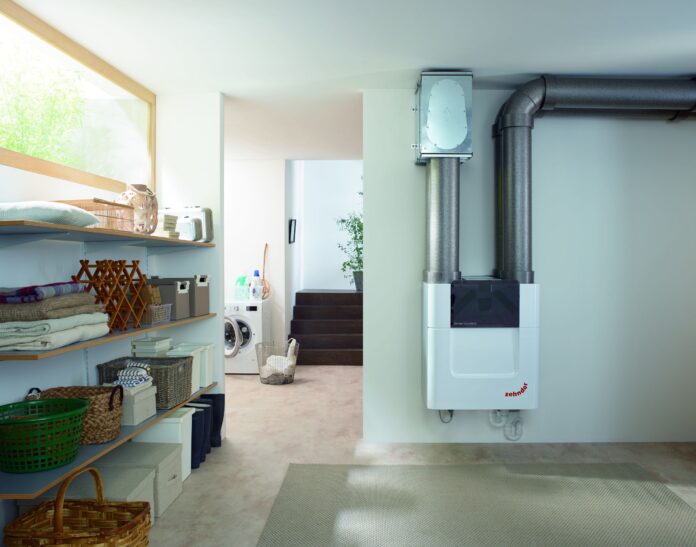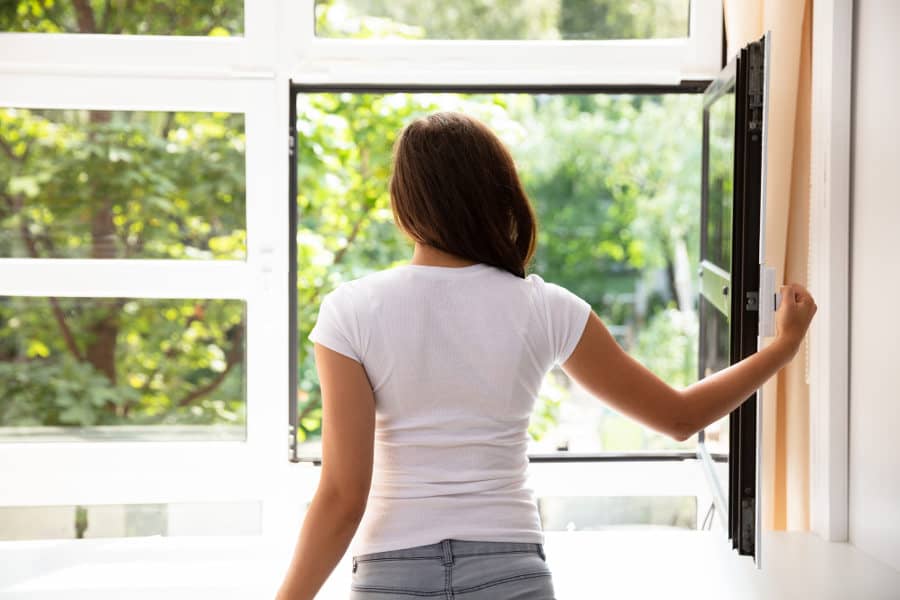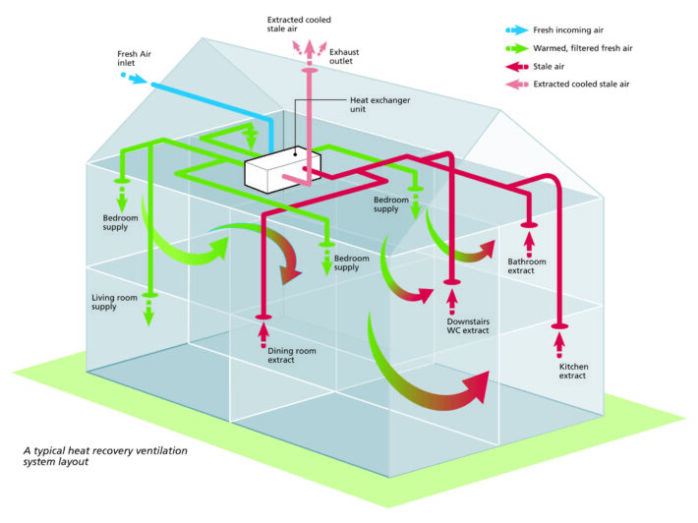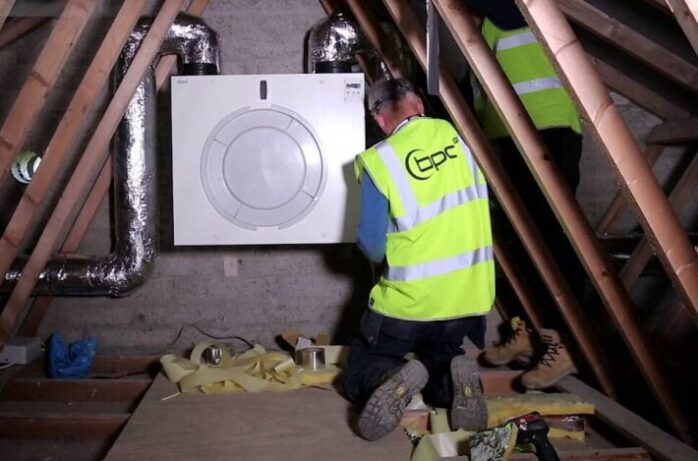
Unless you happen to be a technological genius yourself, chances are that you are not planning to build your own MVHR unit in the garage anytime soon! However, we still must maintain our upkeep of the heating and ventilation systems, especially since regular maintenance can and does save a lot of money by reducing its overall need to consume energy. Then, of course, there is also the question of choosing the right MVHR models to begin with, given that getting stuck with the wrong one can cause a lot of woe down the line.
To both make sure that we choose the right MVHR unit, and also to ensure that we are aware of the little details necessary to keep it going for many years to come, questions must be asked. So, without further delay, let’s get straight to the most commonly asked technical questions about MVHR units.
What Is It?

It might sound surprising to most Brits, but this one really is one of the most common questions asked about MVHR systems in general. For those that are not acquainted with the machine and its functions in a home yet, we will try to provide a clear, concise, and helpful definition here.
MVHR is the acronym for ‘Mechanical Ventilation with Heat Recovery’. As the name itself suggests, all MVHR systems are designed to provide ventilation to insulated and boiler heated buildings, while ensuring that most of the heat is retained.
What Function(s) Does It Serve?
The functions and features included in a particular unit will vary, according to the selected model, make, capacity, etc. However, the core functionalities of all MVHR systems can still be easily listed as follows:
- Gets rid of stale air and bad smells
- Maintains healthy air circulation
- Makes sure that most of the heat is retained, while pushing out the stale air from inside, in exchange for fresh, outside air
Why Not Open a Window Instead?

Winters can get very chilly and opening a window during such times is a bad idea for multiple reasons, as mentioned next:
- The room and then the house will begin to lose heat immediately after opening a window
- This will lead to the heating unit being notified of the dropping temperatures by the thermostat
- To compensate for this sudden and quick loss of heat, your boiler will work continuously, until the desired temperature is reached again
- Given that heat will continue to escape from that window while it is open, your boiler will work in overdrive to maintain comfortable room temperatures throughout the time
- Even after the window has been closed, it will take some time for the boiler to reheat the internal area back to its previous temperature
- Despite the increased energy consumption for maintaining heat, there is no guarantee that one or two open windows will be able to clear out all the stale air
- Opening windows on very cold days when it’s freezing outside is not even an option
- Your heating expenses will go off the chart if you keep opening windows for ventilation during the winter
- Over time, the overdrives will shorten the lifespan of your heating system as well
How Do MVHR Systems Retain the Heat?

The heat retention part is what makes mechanical ventilation systems with heat retention, better than opening a window, so it is an essential component. The principle idea here is to transfer heat from the internal air being pushed out, onto the fresh air that is being pushed in through the air filtration system. This is a simultaneous and instantaneous process, which occurs as both streams of air pass through the inbuilt air-to-air heat exchanger within the MVHR system.
Which MVHR System Should I Choose?
- An MVHR unit must be selected based on several technical details such:
- How much space it can handle
- How energy efficient it is
- How much of the heat can it actually retain and redistribute
- Whether or not it has an in-line air heater
- Orientation
- Capacity of the placement area
- Insulation quality
- Level of control expected
- Budget
It might be difficult for the average homeowner to answer all these questions, and it would be impossible for even experts to suggest anything without knowing these parameters.
Contact BPC Ventilation to get more and similar tips on how to choose an MVHR unit.
How Much Money Can be Saved?

- A very natural question that is impossible to answer without knowing factors such as:
- The average energy consumption rates of the household/building
- The chosen model of MVHR unit
- The boiler’s capacity
- The insulation level of the building
- Current temperatures
- The energy rating of the appliances in use
Nevertheless, rest assured about the fact that money saved in the form of reduced heating bills is generally quite significant in most households.
Is Insulation a Necessity?
The more insulated a building is, the better everything related to heating and ventilation will perform. This includes both the boiler and the mechanical ventilation and heat retention unit. Even if your home is not particularly well insulated, it will help in reducing the bills and keeping the indoor air fresh, but the result will be far more impressive if you also invest in proper insulation tech for maximum heat retention.
Can MVHR Units be Installed at Any Point in Time?

The earlier in the construction of a building an MVHR system is introduced, the better it will be for the ducting system. In fact, they should be ideally incorporated within the construction plan itself. However, they can in most British homes, be installed at a later date as well. A survey of the property would be necessary to determine the right answer to this question.
As an added piece of information, do note that different homes experience different levels of energy efficiency from the same MVHR units. This is mostly on account of factors such as poor/great choice of system and quality of insulation. Take your time in choosing the right one and even if it costs a bit more, better-rated MVHR units will pay for themselves in a few years’ time.











